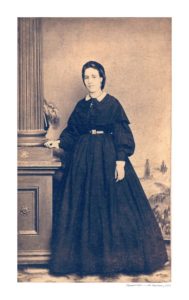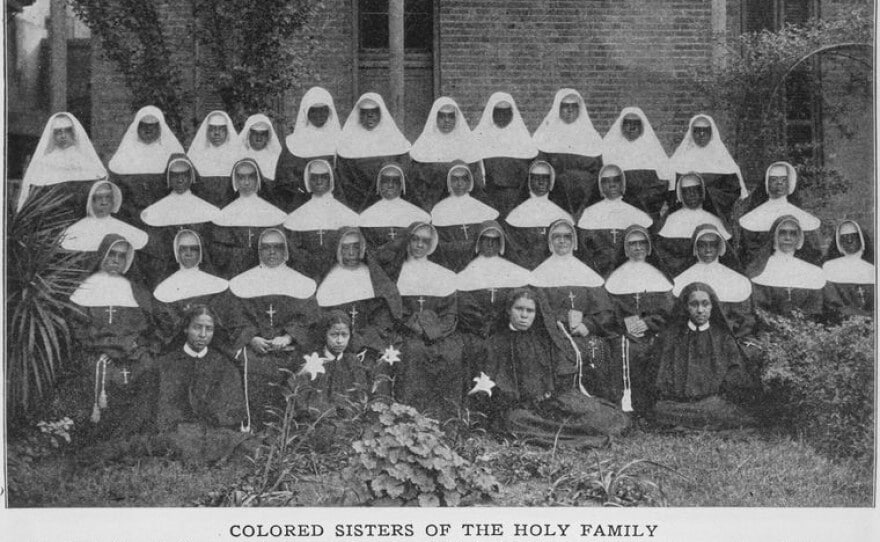A teacher who wasn’t afraid to break the rules
 Born in 1812 and raised Catholic in New Orleans, Henriette Delille was the fourth generation of freedmen. Delille’s family expected her to marry a white man, which would afford them all a better life than if she married a Black man. Records indicate Delille entered into such a relationship but that it did not last long. It produced two children who both died in infancy. Just past 20 years of age, Delille found herself surrounded by grief and hardship.
Born in 1812 and raised Catholic in New Orleans, Henriette Delille was the fourth generation of freedmen. Delille’s family expected her to marry a white man, which would afford them all a better life than if she married a Black man. Records indicate Delille entered into such a relationship but that it did not last long. It produced two children who both died in infancy. Just past 20 years of age, Delille found herself surrounded by grief and hardship.
In 1834, Delille experienced a conversion, and she decided to enter religious life. Unfortunately, many religious communities in the United States did not allow Black women to enter their convents. Delille applied to the Ursuline convent and the Carmelite community, but was denied entrance on the basis of her skin color.
She attempted to found an interracial community with a white woman, but her efforts were shut down by Church leaders who did not think it was appropriate for black and white women to live together in religious life.
Her desire for religious life and apostolic zeal brought her closer to like-minded friends, Juliette and Josephine. Together they ministered to enslaved and free girls and women of color. Laying the foundation for a new order, which at the time was known as the Sisters of the Presentation of the Blessed Virgin Mary, she wrote their rule of life in 1836.
Taking the religious name Marie Terese, Mother Delille took upon herself a task of reforming religious life, much like her inspiration, St. Teresa of Ávila.
By the 1850s, Mother Delille’s community had a convent with classrooms, operated an orphanage, and educated young girls in literacy and catechism while teaching them skills like sewing, which was outlawed. The education they provided to enslaved children was also outlawed at the time. Their service to the sick included the victims of a yellow fever epidemic, and they also brought into their home elderly infirm women, a first in America.
Mother Delille’s generosity and love was known to everyone who knew her. She responded to the Lord’s call with great love, requisite perseverance, and heroic virtue. The last decade of her life was dedicated to attracting new members to the congregation. At the time of her death, 12 sisters of varied racial descents resided at the convent.
–from Angelus News
Go deeper with Michael Heinlein…
Read pages 39–50 of Black Catholics on the Road to Sainthood. Writing and reflecting on Venerable Mother Henriette Delille’s life, Michael Heinlein and Fr. Josh Johnson help us learn from her perseverant and patience witness.
Did you know?
When Mother Henriette professed vows, she was not able to wear a habit like her white counterparts.
How can her perseverance inspire us today?
